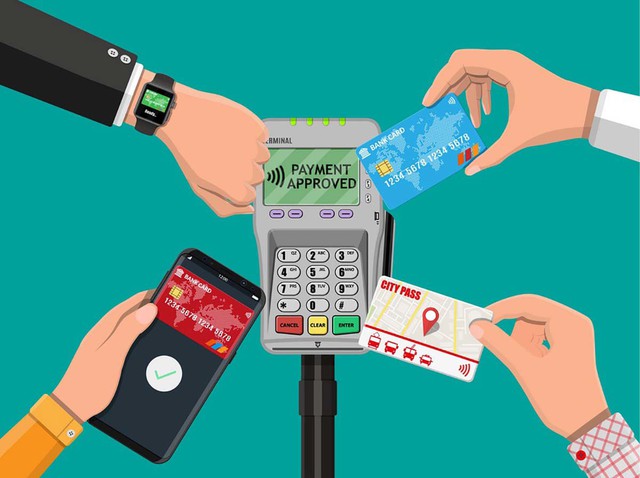 Economy
Economy

 |
| A branch of Vietcombank in Lào Cai Province. — VNA/VNS Photo Quốc Khánh |
HÀ NỘI — The proposed transaction limits on each business partner of financial institutions in the draft circular about payment agents are unreasonable, according to the Việt Nam Chamber of Commerce and Industry.
Under the draft proposal, the transaction limit is VNĐ20 million (US$785) per customer per day and the limit for an agent is VNĐ200 million per day and VNĐ5 billion per month.
VCCI said that these limits are no longer appropriate to a modern economy and may cause disruption in the provision of services.
Specifically, VCCI pointed out that these limits have been applied since 2012, when the State Bank of Việt Nam approved the pilot implementation of payment agents.
After 12 years, the limits should be adjusted, taking into account the development of the market, increasing payment demand and the inflation rate, it said.
The VCCI added that restrictions should be adjusted based on the transaction demands in each local area where the agents operate, the scale of operations and their levels of risk.
It urged the State Bank of Việt Nam to amend the circular towards applying limits on new agents only. After that, banks and their business partners can renegotiate for appropriate transaction limits.
The current fees of banks on payment transactions are low, around 0.025-0.04 per cent. Under the draft, payment agents are allowed to collect fees not exceeding those of banks, meaning that agents can earn only VNĐ50,000 – VNĐ80,000 per day with the daily transaction limit of VNĐ200 million, which is too low to attract business partners.
The Chamber argued that there should be policies to encourage financial institutions’ business partners to open payment agents in rural, mountainous, remote, border and island areas of Việt Nam, to promote financial inclusion.
According to a survey of 124 central banks around the world by the State Bank of Việt Nam, 105 of them allow payment agents.
A pilot introducing payment agents started in 2014, the aim of bringing financial services to people who might not be able to easily access a bank and ended in 2023 due to not having a legal framework. — VNS




